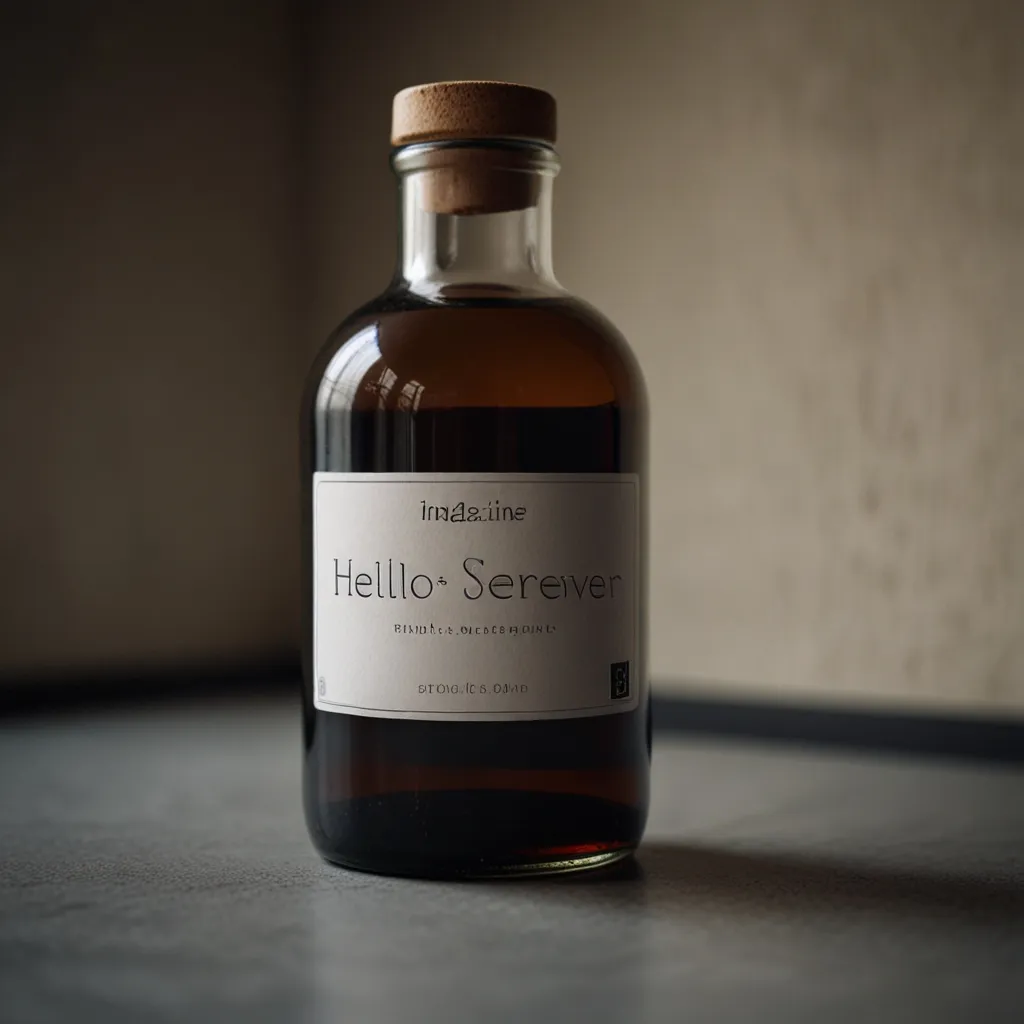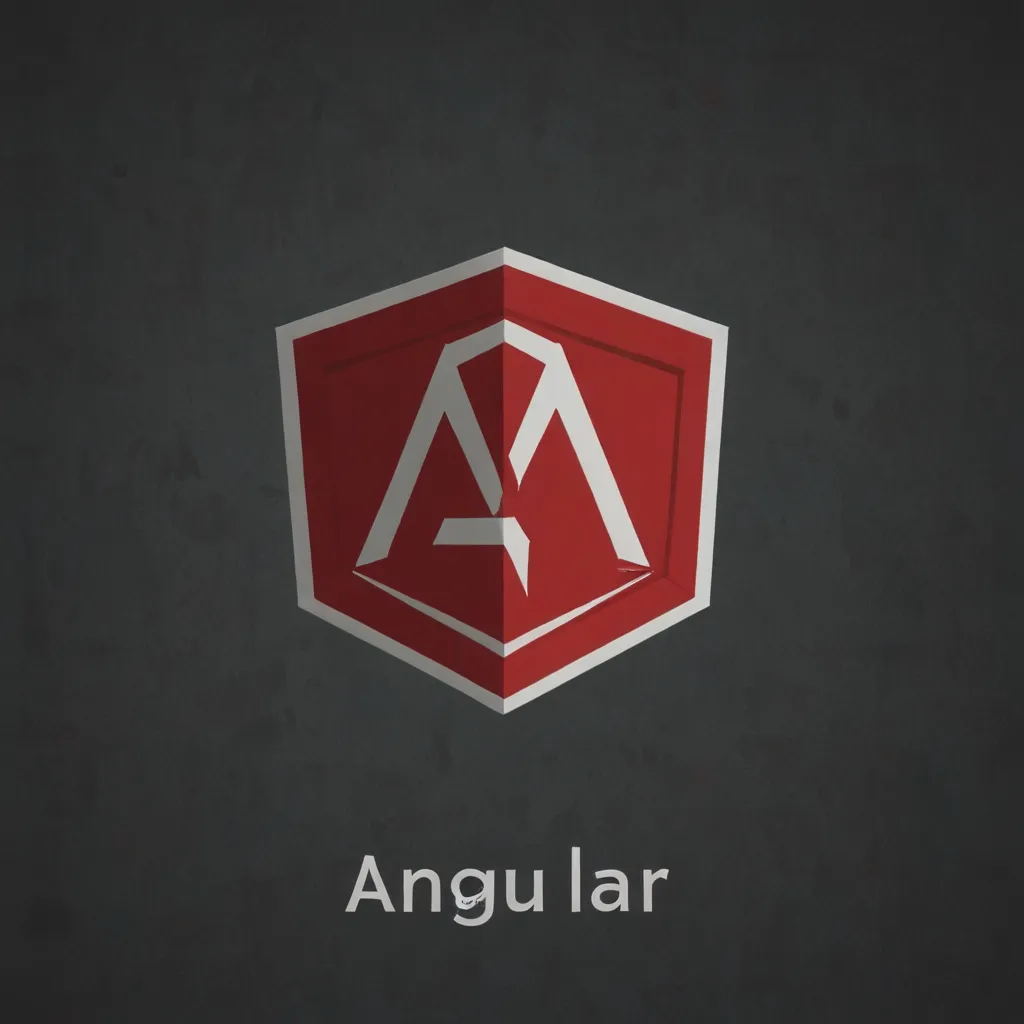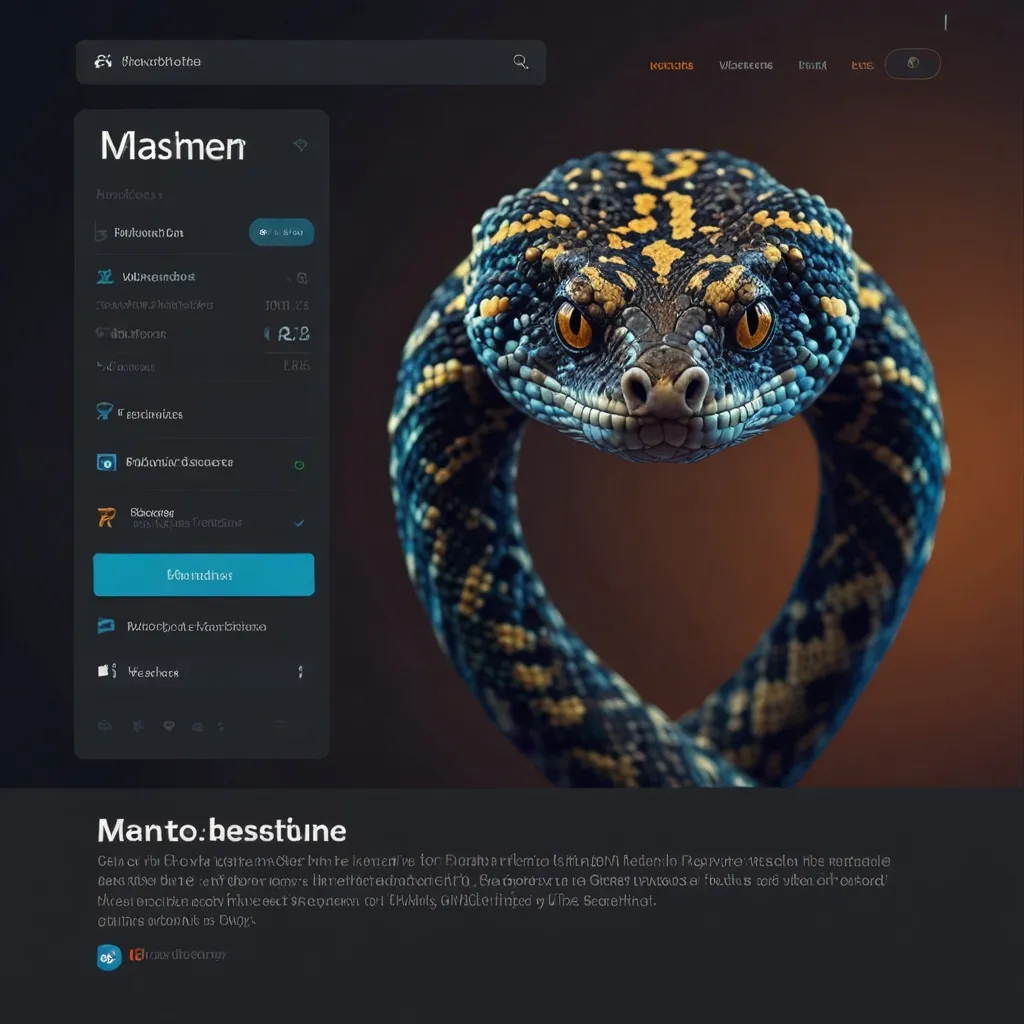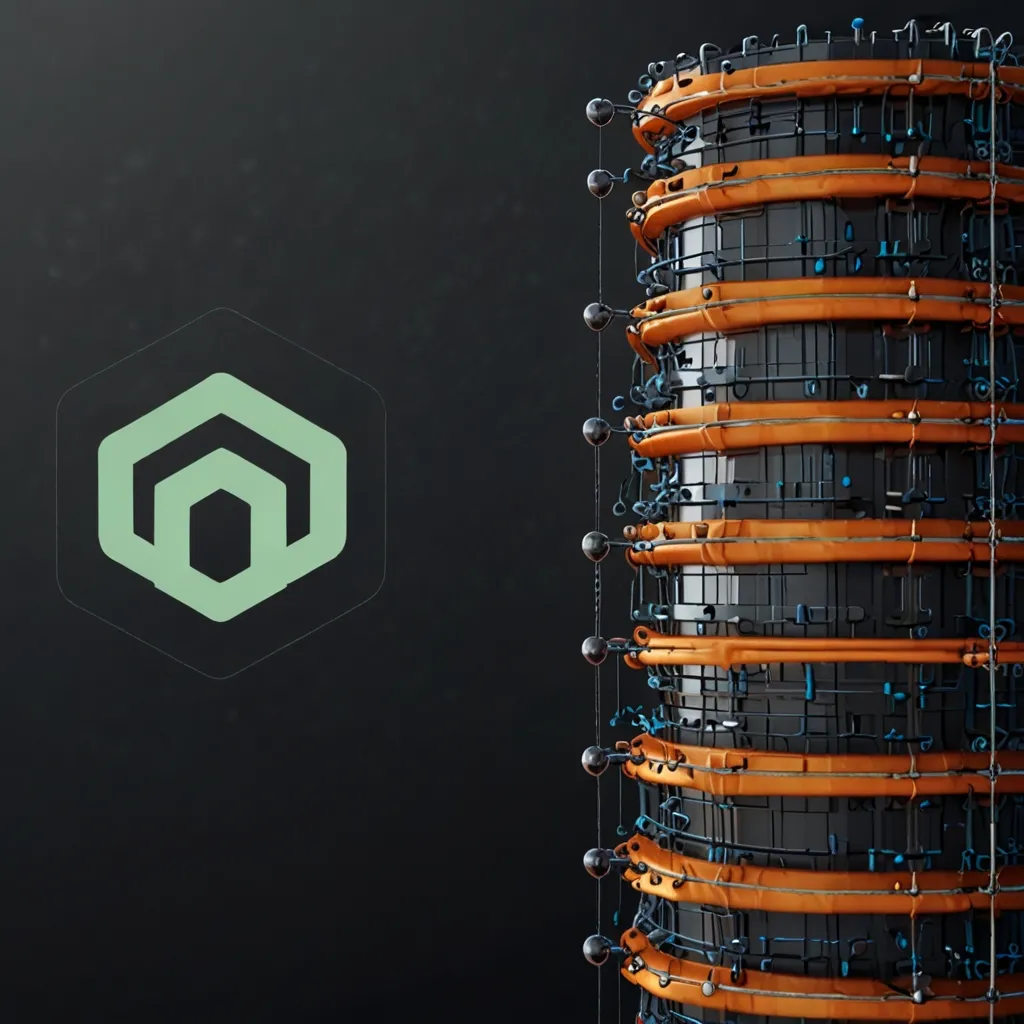If you’re on the hunt for a framework that can help you whip up small web applications quickly without piles of complexity, then Bottle should definitely be on your radar. This lightweight Python-based micro web-framework is a gem, especially for those who are just dipping their toes into web development or for those tiny projects that don’t need all the bells and whistles.
Bottle is designed to make your life easier. It’s a super-lightweight WSGI micro web framework that’s all about simplicity and speed. Perfect for getting a small-scale web app up and running in a jiffy.
Bottle’s beauty is in its simplicity. The whole framework fits into a single Python file. Yep, you read that right. You just download the bottle.py file into your project directory, and boom, you’re ready to roll. No fuss, no complex installations, just straightforward coding.
One of the most appealing things about Bottle is its single-file distribution. You don’t need to juggle a bunch of external libraries or dependencies. It’s just pure Python Standard Library goodness. This not only keeps things simple but also speeds up the setup process—a big win if you’re working on a small project or just fleshing out an idea.
With Bottle, routing is super straightforward too. Mapping URLs to specific functions is a breeze. For instance, here’s some basic code to display a “Hello World” message:
from bottle import route, run
@route('/hello/<name>')
def index(name):
return f'Hello {name}'
run(host='localhost', port=8080)
This snippet gets you a dynamic route where http://localhost:8080/hello/<name> will return a personalized greeting. The <name> part is a dynamic parameter, making it super flexible.
Now, let’s talk templates. Bottle’s got your back with support for multiple template engines, including Jinja2 and SimpleTemplate. This is handy for keeping your presentation logic separate from your application logic. Here’s a snippet using SimpleTemplate:
from bottle import route, run, template
@route('/hello/<name>')
def index(name):
return template('<b>Hello {{name}}</b>!', name=name)
run(host='localhost', port=8080)
This example lets you display the greeting message through a template, keeping your code cleaner and easier to maintain.
Bottle also comes packed with utilities and a built-in development server. It supports various HTTP servers like Apache with mod_wsgi, lighttpd with FastCGI, and more. Plus, it has convenient utilities for handling form data, file uploads, cookies, and other HTTP-related metadata.
So, where does Bottle really shine? It’s perfect for prototyping and small-scale applications. Need a web interface for a Windows program? Bottle lets you get started in minutes. Its lightweight nature and ease of use mean you can stand up a web interface quickly without getting bogged down by complexity.
Though it’s not built for massive, high-traffic apps, Bottle is surprisingly quick and handles smaller loads efficiently. If you’re considering using it for something heftier, you might need to wrap it in a more robust server or switch to a different framework, but for many small to medium-sized projects, it’s more than sufficient.
Getting started with Bottle couldn’t be easier. Just follow these simple steps:
-
Download Bottle: Grab the latest stable release by running
pip install bottleor download thebottle.pyfile directly into your project directory. -
Create Your First Route: Define a route using the
@routedecorator. Here’s how:from bottle import route, run @route('/hello') def hello(): return 'Hello World' run(host='localhost', port=8080) -
Run Your Application: Execute the script, and your app will be available at
http://localhost:8080/hello.
Bottle has a small yet lively community, and its documentation is super easy to follow. There are loads of resources online, including tutorials and examples, to get you up to speed in no time. If you have any questions, the community is there to help.
But how does Bottle stack up against other frameworks?
- Flask is another favorite microframework but comes with more features and extensions. It’s great but requires a bit more setup and has a steeper learning curve.
- Django is like the full-course meal of web frameworks. It includes an ORM, templating engine, and much more. Awesome for big projects, but might be overkill for smaller ones.
- Falcon is known for high performance and a minimalistic approach. It’s fantastic for highly customized services but can be more effort to extend.
To wrap things up, Bottle is a fantastic little tool for anyone looking to build web apps quickly and smoothly. Its single-file distribution, straightforward routing, and built-in utilities make it perfect for prototyping and small-scale development. While it might not be the go-to for giant projects, its ease of use and performance make it a valuable piece of any developer’s toolkit.
Whether you’re a newbie or a seasoned coder, Bottle’s simplicity and speed can get your web app up and running in no time. So if you need a lightweight and ultra-easy framework, go ahead and give Bottle a try. You won’t regret it.






